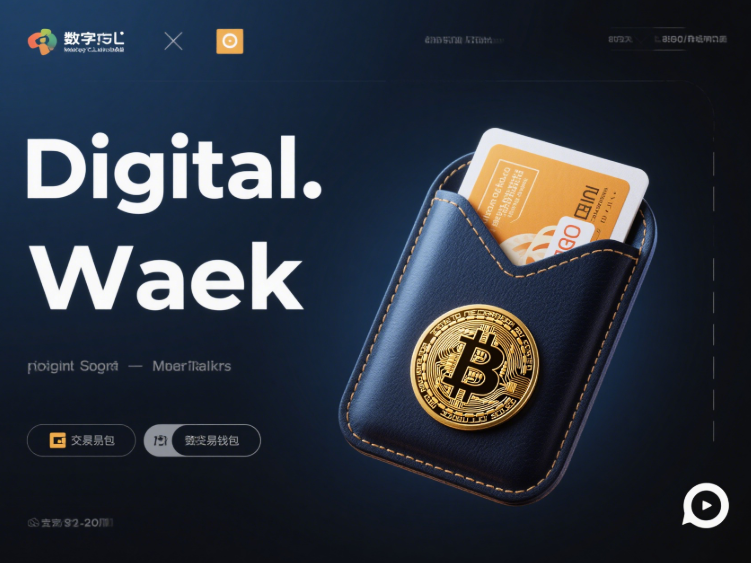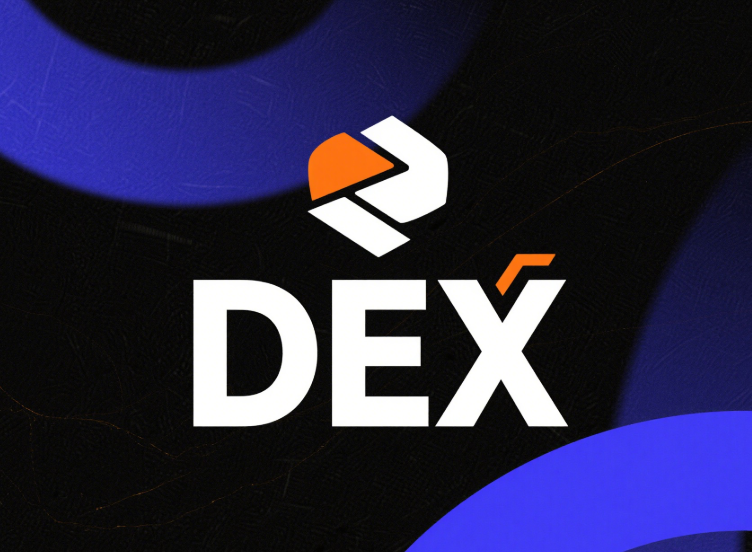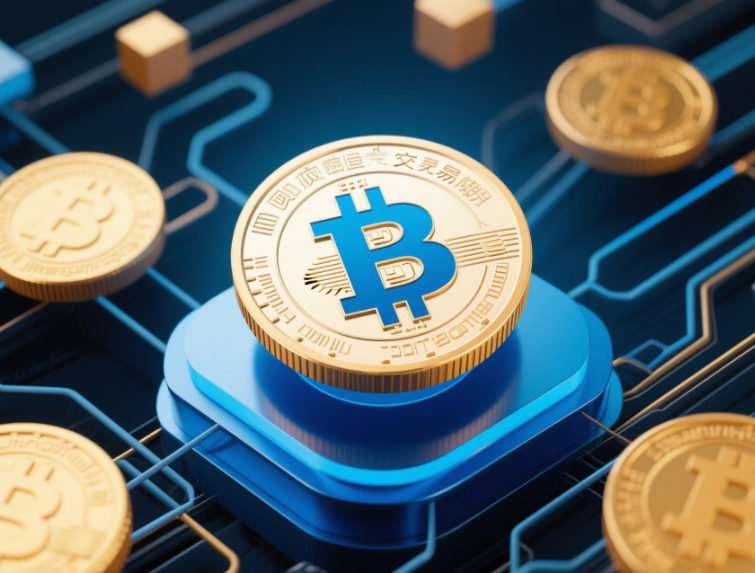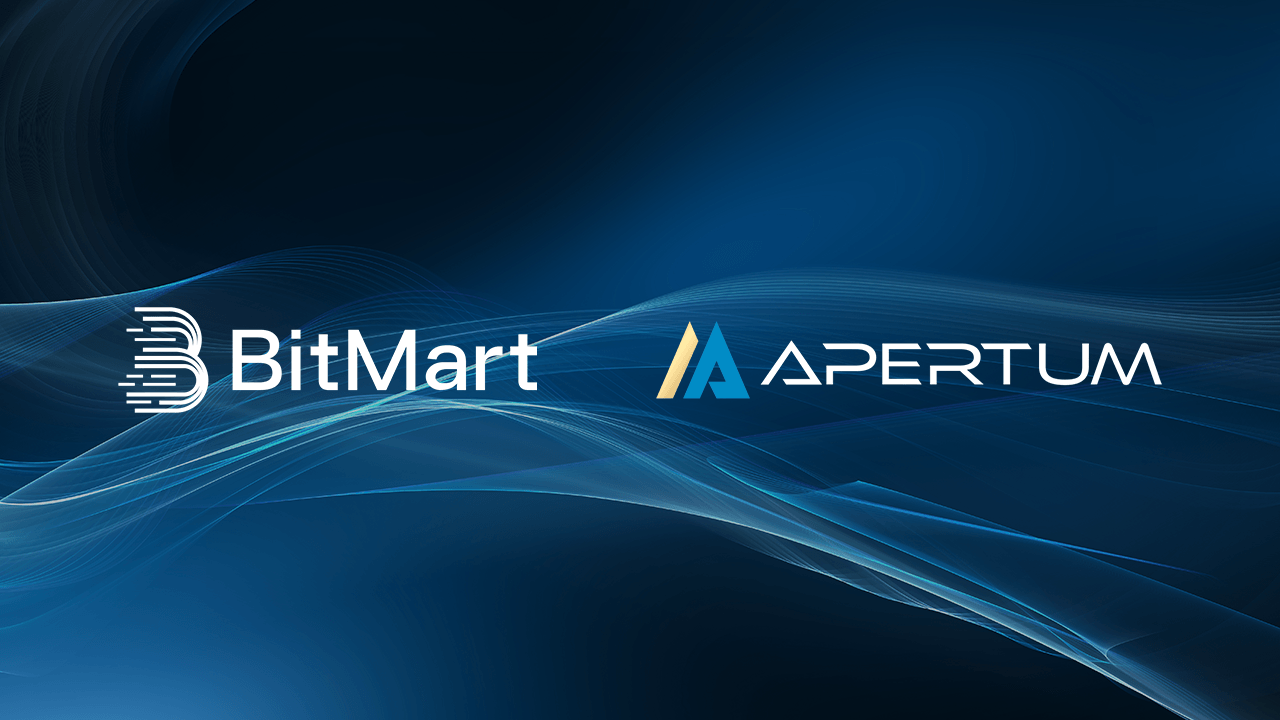In this rapidly evolving era of digital currencies, Bitcoin is no longer just a simple concept; it has become a new asset class that attracts countless investors’ attention. For some newcomers, there might be a lingering question: what exactly is the difference between a wallet and an exchange? Some might even hear the phrase "wallet as exchange," which piques curiosity about how decentralized exchanges (DEX) actually operate. Today, let’s dive deep into this topic and unravel the mystery behind decentralized exchanges.
First, imagine your digital assets as cash that we might commonly use in our daily lives. In traditional financial systems, when you want to make a transaction, you usually have to go through a bank or a payment platform. This involves an intermediary institution, and this complexity has recently surfaced in the crypto world. However, a new trading method—decentralized exchanges (DEX)—simplifies this complicated process completely.
The core concept of decentralized exchanges is to enable users to directly swap assets without relying on third-party institutions. It’s like you and a friend exchanging goods directly without any intermediaries involved—convenient, yet much safer. The operation of DEX is fundamentally based on blockchain technology, an innovative approach that ensures transaction transparency and security.
Role of Wallets
First, let's talk about wallets. In the traditional sense, a wallet is a place to store cash, while in the evolution of digital currencies, a wallet becomes a tool to store your crypto assets. In the world of blockchain, there are two types of wallets: hot wallets and cold wallets. Hot wallets are generally online, making transactions easy but somewhat less secure; cold wallets, on the other hand, are offline and far more secure but less flexible.
In decentralized exchanges, user assets do not need to be stored in an exchange. Instead, users directly trade from their own wallets. This excitement magnifies because it means users always maintain control over their assets and never have to worry about the risks of hacks or exchange bankruptcies.

How DEX Operates
What does a decentralized exchange look like? To understand the secret of its operation, we first need to comprehend several critical components.
Smart Contracts: Smart contracts are the soul of decentralized exchanges. In simple terms, these contracts are programs that execute automatically on the blockchain. When you set certain trading conditions, the smart contract will execute this transaction automatically, ensuring that all participants adhere strictly to the rules laid out. It acts like a neutral referee ensuring that, regardless of who the trading parties are, transactions are executed under agreed conditions.
Liquidity Pools: Another essential concept in DEX is liquidity pools. Simply put, liquidity pools are collections of assets provided by users that others can use for trading. For example, when you want to exchange Ethereum for Bitcoin, you don’t need to search for a partner willing to trade directly. The presence of a liquidity pool simplifies this trading without requiring intermediaries. Additionally, liquidity providers earn a portion of transaction fees as a reward for their contributions, making it a potential revenue source.
Decentralization: One of the chief advantages of decentralization is its inherent trustlessness. In a DEX environment, users no longer need to trust a centralized organization to safeguard their assets. All transactions occur blockchain, which is transparent and immutable. Everyone has the ability to independently verify transaction information, a feat that is very challenging in traditional exchanges.
Advantages and Challenges of DEX
Of course, the rise of decentralized exchanges brings numerous benefits, but they are not without their challenges. Let's analyze them one by one.

Advantages
Higher Security: As previously mentioned, users' assets are always in their wallets, significantly lowering the risk of loss. Hacks on centralized exchanges happen frequently, but DEX reduces this risk greatly.
Trade Privacy: Many decentralized exchanges allow users to trade without going through cumbersome identity verification processes (KYC), safeguarding personal privacy to some extent. This is particularly appealing to investors concerned about privacy.
Global Trading: There are no geographical limitations in decentralized exchanges; anyone with an internet connection can participate. This feature provides a more convenient trading environment for users worldwide.
Challenges
While decentralized exchanges hold many advantages, they also face several significant challenges.
User-Friendliness: Many traditional exchanges provide straightforward user interfaces and easy trading experiences, whereas DEX can be more complex. New users may find themselves confused during their first experiences. Lowering the user barrier will be essential for DEX in the future.
Liquidity Issues: To date, many decentralized exchanges still struggle with inadequate liquidity, potentially resulting in high trading slippage and affecting user experience. Although some DEX are trying to attract liquidity providers through incentive mechanisms, this issue still requires further optimization.
User Responsibility: In a DEX environment, users have to manage their private keys themselves. This means that if a user forgets or loses their private key, they will be unable to access their assets directly. This risk is very real for every user.
Future Prospects of DEX
Despite being in a constant state of evolution, the future for decentralized exchanges is undoubtedly bright. Many projects are consistently innovating to address the challenges mentioned above.

For instance, some DEX are attempting to improve user interfaces and simplify trading processes to enhance user experience. At the same time, emerging Layer 2 solutions like Rollups and Plasma are aiming to increase the speed of DEX transactions and lower fees, giving users the potential for a smoother trading experience.
Moreover, as interest in decentralized finance continues to grow, many DEX are beginning to introduce governance tokens that allow users to partake in decision-making for the platforms. Through these governance mechanisms, users not only benefit from trading on the platform but can also have more influence, which certainly enhances user engagement with the platform.
Conclusion
Understanding the operating principles of decentralized exchanges is crucial for any cryptocurrency and Bitcoin investor. DEX not only redefines traditional trading perceptions but also offers unprecedented opportunities for investors. Whether you're investing in Bitcoin or other digital assets, decentralized exchanges provide you with a safer and more flexible trading platform. I hope today’s discussion helps you to explore the world of decentralized exchanges more deeply and find a trading method that suits you! If you have any questions or thoughts, feel free to share them in the comments section—let's discuss together!
















No comments yet